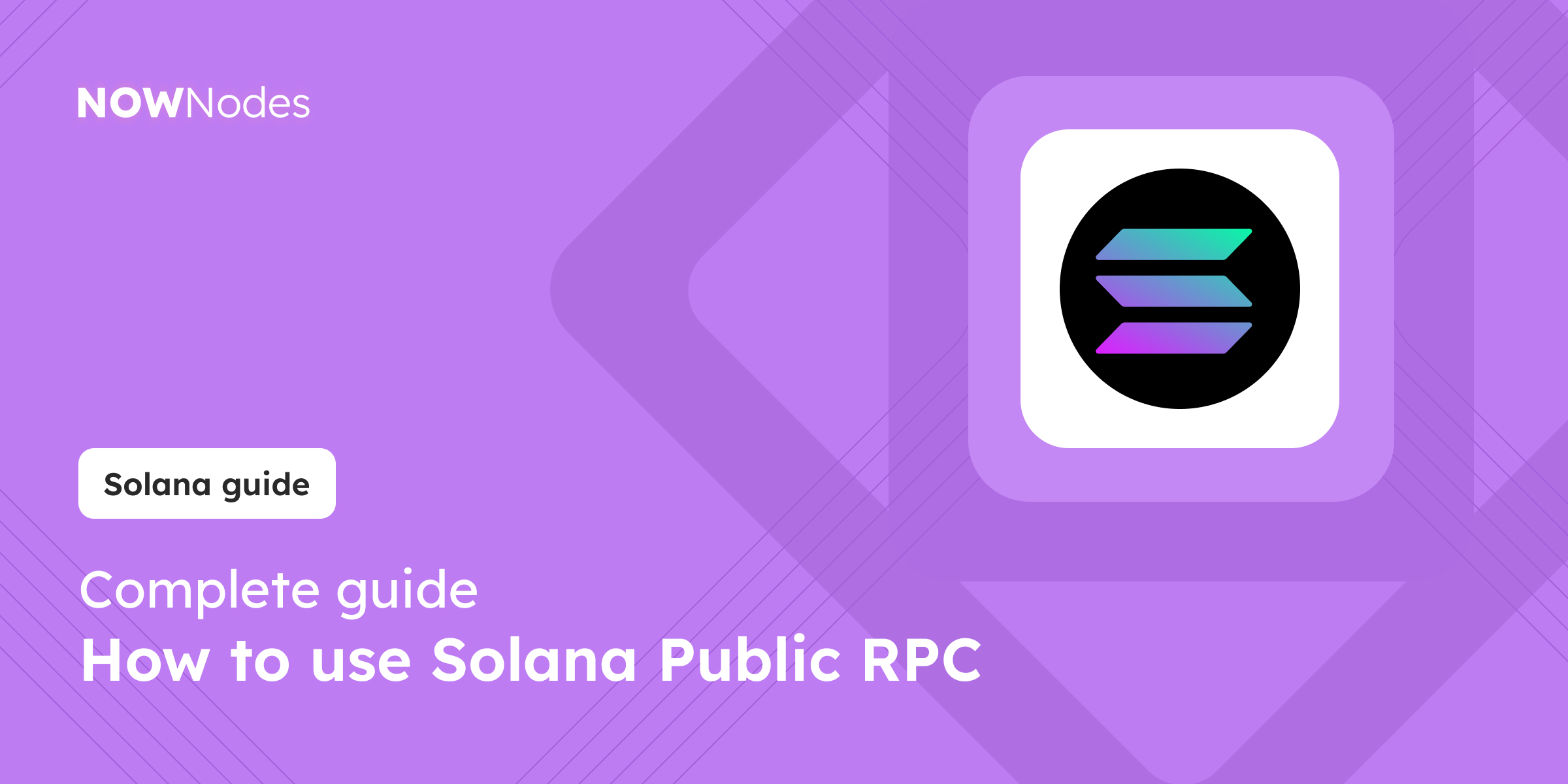If you’re building anything on Solana — a wallet, a DeFi protocol, an NFT marketplace — your application depends on one thing above all: a reliable connection to the network. That connection happens through an RPC (Remote Procedure Call) node. Moreover, it’s how your backend queries accounts, sends transactions, listens for changes, and interacts with smart contracts. Most developers start by using a Solana Public RPC. It’s free, it works out of the box, and it’s just a few lines of config away.
But here’s the reality:
Public RPC is not built for scale.
It’s not built for performance.
And it’s definitely not built for production.
What’s wrong with Solana Public RPC?
1. You’re sharing it with everyone
Thousands of apps, bots, wallets, and explorers constantly hit the same limited set of public RPC nodes. In this case, when traffic spikes, those nodes throttle, delay, or drop your requests outright.
2. There’s no SLA — and no accountability
If the public RPC endpoint goes down, your app goes down with it. No warnings, no support, no guarantees.
3. Latency is unpredictable
Sometimes queries are fast. Sometimes they’re not. If you’re running anything that depends on consistent speed — like real-time trading or reactive frontends — this will hurt you.
4. Feature limitations
Some public endpoints restrict access to advanced RPC methods or logs. You may find certain calls unavailable just when you need them.
The Alternative: Sharded, High-Performance RPC Infrastructure
NOWNodes provides access to shared Solana RPC nodes — purpose-built for production workloads, with full RPC method support, low-latency response times, and infrastructure that scales with your traffic.
Build Like You Mean It
To sum up, if you’re shipping anything serious on Solana, you shouldn’t be relying on shared infrastructure designed for testing and experimentation. Public RPC is great for getting started — but not for staying online.
Use infrastructure that won’t slow you down. In other words, switch to our sharded Solana RPC nodes and take control of your performance, reliability, and scaling.
Get started today — or reach out if you want help integrating.



